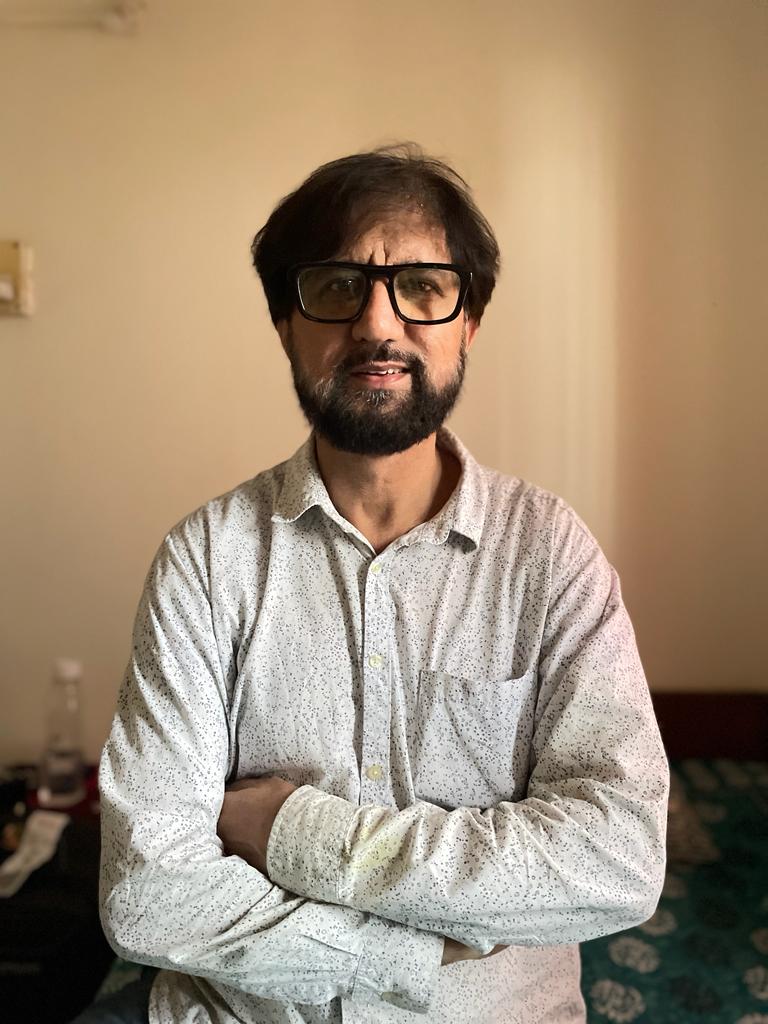ACF
Asian Cinema Fund
Post-Production Fund
2023 Post-Production Fund
LIST The Spark
| Category | Asian Project |
|---|---|
| Project | The Spark |
| Director | Rajesh S. JALA |
| Country | India |
| Director's Profile |
Rajesh S. Jala was born in Kashmir in 1969, and was uprooted by terrorists in 1990, but survived. He lived in a refugee camp in Delhi for 10 years.? His films have been selected at more than 100 International Festivals, including International Film Festival Rotterdam, Busan International Film Festival, International Documentary Film Festival Amsterdam, MoMA, etc. His previous film, Children of the Pyre (2008), was picked up by Fortissimo Films for worldwide distribution. Best Documentary Awards: Montreal World Film Festival 2008 Sao Paulo International Film Festival 2008 Golden Conch, Mumbai International Film Festival 2012 National Awards, India 2008 Indian Film Festival of Los Angeles 2009 Asiatica Film Mediale 2009 Extravagant India International Indian Film Festival - Paris 2013 Incredible India award - Best project at Film Bazaar 2013 Berlinale Talent Campus Alumnus 2011 FILMOGRAPHY Children of the Pyre (2008) Floating Lamp of The Shadow Valley (2006) At the Stairs (2011) 23 Winters (2013) |
- Synopsis
-
Kabir, a young filmmaker, enters the ancient Hindu city of Banaras, with a camera and a troubled past. Kabir has a chronic habit - listening to the audio of a lynching video. This violent audio, echoing through the expanse of his loneliness, haunts Kabir.
While his camera captures the dead and the dying of the city, he encounters two unusual individuals: Durga, a young boy who cremates dead bodies, and Amma, who is waiting for her death in this sacred city, in order to attain ‘Moksha’ - salvation from the cycle of life and death.
As Kabir’s camera focuses on the foreground of Durga, Amma, and the ancient city of Banaras, hidden realities emerge in the background. Kabir is on a mission to create havoc in the city. He is a victim of violence and his mind is burning with volcanic anger and hatred. His past haunts him and a vulnerable present terrifies him. He has decided to take revenge, but a series of unexpected events challenge Kabir’s convictions.
Kabir and his mission are at a crossroads.
Is it too late to turn back?
- Director's Note
-
Kabir, the protagonist of The Spark, is a victim of violence. He is on a mission to kill those who murdered his father. Kabir’s encounters with Durga, the cremator, and Amma, the seeker of liberation, offer unfathomable glimpses into the inner and outer chaos of these three enigmatic individuals. This film attempts to understand how the vulnerability of victims of violence lures them to embrace violence.
The Spark is a humble cinematic attempt to remind societies across the globe that violence only leads to violence. And eventually, it leads to complete disruption of the social order. We, as a society, can live in harmony only if we shun violence, particularly against minorities.
The Spark is predominantly an image and sound-driven film. The cremation grounds, although in the background, emerge as a surreal character, adding metaphoric layers to the narrative and enriching its visual approach. The story, settings, imagery, sound, and mood of the film present a disturbing yet spiritual experience.